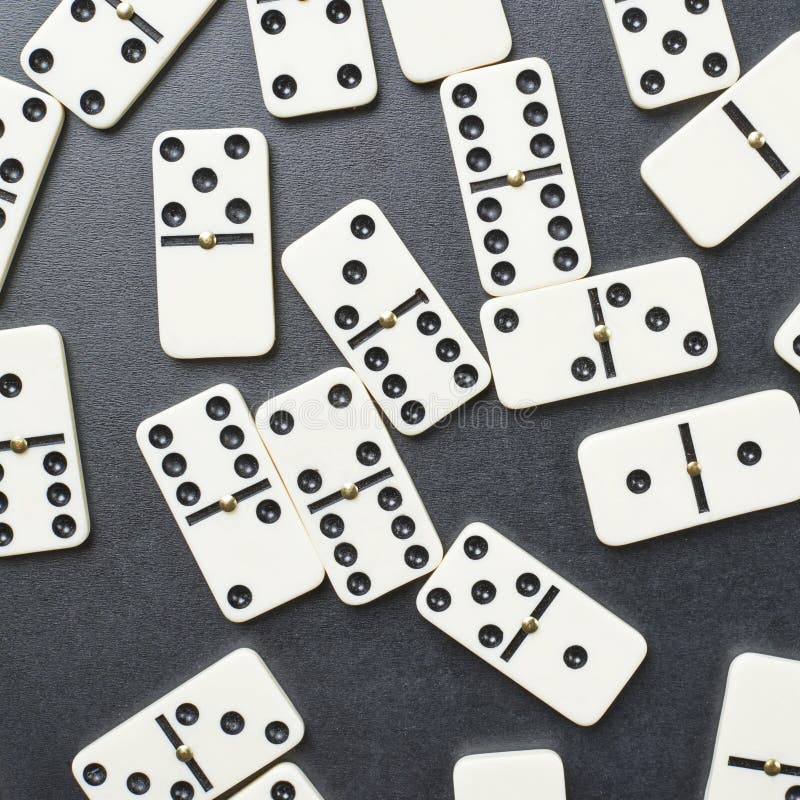
On Jamaican streets, the style of play is loud. “Dominoes in Jamaica is synonymous to baseball in America,” said Chris Blake, general secretary of the National Association of Domino Bodies, which regulates the game on the island of 2.6 million people. Some players liken the game to poker as they try to gauge opponents’ moves.

Last year, officials banned two Jamaican players for life after they were caught using sandpaper to mark pieces to see which ones remained.

Championship judges and surveillance cameras will watch players to guard against illegal “coding,” a prearranged system of gestures - like coughing or scratching one’s head - used by partners to communicate strategy or indicate which pieces they hold. Like any game, dominoes also has its share of cheaters. The first team to get rid of all its pieces wins.

In straight dominoes, the game most common in the Caribbean, a pair of two-player teams take turns trying to match the number of dots on their pieces with those on the table. “I like it because it’s a brain game, a mental challenge,” said Buxton Rankin, 56, one of about 50 players hunched over felt-lined tables at a Kingston nightspot, preparing for the championship.įirst place is worth $25,000, second $12,500 and third $7,500. The game has been eulogized in poems and stories, including Puerto Rican poet Jack Agueros’ “Dominoes & Other Stories” and U.S.-Dominican writer Elvys Ruiz’s collection of political plays titled “Coffee and Dominoes.”


 0 kommentar(er)
0 kommentar(er)
